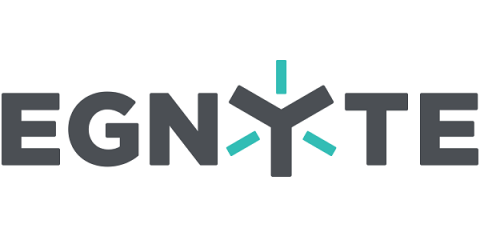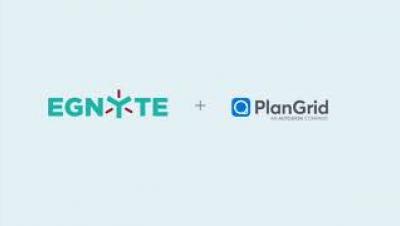Data governance for regulatory compliance: lessons learned from NYDFS
This week marks six months since the last of three compliance deadlines for the New York State Department of Financial Services (NYDFS) Cybersecurity Regulations. As of March 1, 2019, many financial services firms operating in New York state are now required to abide by a new set of cybersecurity standards that dictate how they manage, share, and control access to data.




